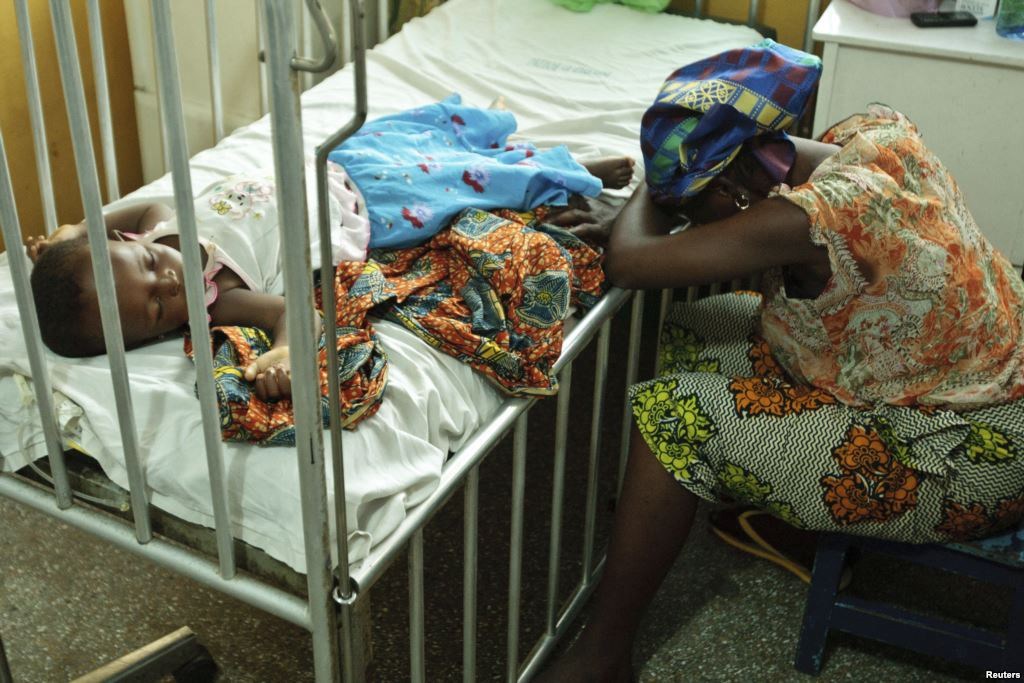Diarrhea is responsible for more than 50 per cent death among children, mostly between ages 0 to 5 in Nigeria, Mr Pius Eno, UNICEF resource person has disclosed.
He made the disclosure at the opening of a 3-day Water, Sanitation and Hygiene Federation Committee (WASHCOM) Zonal Orientation Workshop on Tuesday in Akure.
Eno, who is also the Project Officer, Centre for Innovation Data and Advance Water and Sanitation (CLDAWS), said a significant number of children affected by diarrhea also suffered from malnutrition and decreased intelligence.
Eno, a water and sanitation expert, noted that open defecation and lack of access to portable water and sanitation facilities were some of the causes of diarrhea in the country.
He said open defecation was prevalent in more than 60 per cent of rural communities in Nigeria, adding that the development had led to outbreak of diarrhea, cholera, dysentery, and typhoid, among others.
Eno is also the Project Officer, Centre for Innovation Data and Advance Water and Sanitation (CLDAWS).
He said :”lack of access to water and sanitation facilities is responsible for why people are practicing open defecation and drink contaminated water.
“Currently, access to improved water supply is about 62 per cent and even as low as 29 per cent for sanitation, a greater proportion found in rural areas.”
Eno also said lack of access to potable water had also led to low level of school enrolment.
According to him, the number of children going to school has reduced due to water and sanitation problem, especially among the girl-child.
He said this had also led to loss of family income due to treatment of illness, poor educational performance and increased burden of search for water, especially among children and women.
Eno, however, said that UNICEF WASH was an intervention programme, designed to introduce reforms to address Water, Sanitation and Hygiene gaps in Nigeria.
“In Nigeria, UNICEF support WASH intervention with funding from European Union (EU) and Department For International Development.
“The programme is designed to develop models for provision of sustainable access to water and sanitation services.”
He called on the three tiers of government to improve access to potable water and sanitation to combat the scourge of diarrhea. (NAN)

